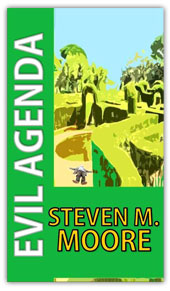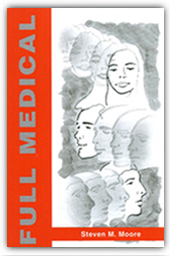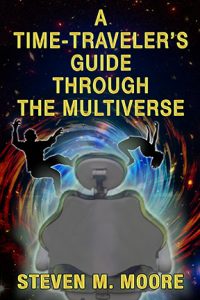Amazon’s Vella…
Wednesday, November 22nd, 2023You have to give that big Bezos bot and all his little bots credit: They’re very inventive about creating clever and multiple ways to scam readers, writers, and other customers. Are you surprised that Prime keeps going up and up? Are you surprised that they don’t stand by merchandise sold online?
For readers and writers, Vella is the new kid there on the Amazon block ready to fleece you. Maybe some people think they qualify as avid readers if they peruse Vella’s serialized prose, but no true avid reader would do that. Sure, you can get the first three chapters free, but then you need to buy tokens (Bezos’s version of FTX’s bitcoins?) to get the remainder of the novel. Your stash of tokens represents a zero-interest loan to Bezos until you cash them in, of course. The book’s author (c’est moi, par exemple) gets half the proceeds of the tokens you spend on their book; Amazon keeps the other half. The author still has to write a complete novel that people participating in this scam may or may not finish. Amazon as usual gets a lot for doing very little.
Even worse for readers, it’s impossible to get the Vella link off their Kindles! And that link now takes the place of the one for the Kindle store’s book section! In other words, you must go to the full Amazon site with all its nightmarish swamp of retail clutter to look for your next read, a damn waste of time! Pox on their house!
And Vella creates the same problem for authors as many of Amazon’s other “author services” have created: Exclusivity is required to use it. An author’s book has to be exclusive on Vella and not appear for sale anywhere else. That means a reader who wants to read it can only find the book in Amazon’s Vella list and not at any other online retailer. In other words, Vella is indeed a monopolistic service offered by this greedy retailer to scam readers and writers.
I will treat Amazon’s Vella the same way I treat all of Amazon’s nefarious “author services” that provide nothing positive for readers and writers: Boycott it! None of my recent novels are even on Amazon because I want to distribute them to as many online sites as possible, reaching out to readers everywhere. Amazon is no longer an online retailer readers and writers can trust.
But I’ve digressed. Does anyone want to get into a book and then have to purchase and spend some tokens to continue reading the next installment? How does that even work? If a novel has fifty chapters and I want to read beyond the first three, will I have forty-eight different ebook files? This whole concept doesn’t make sense! And you can bet that the publishers of books authored by Stephen King, David Baldacci, and other famous formulaic mares and stallions ready and waiting for the glue factory in the Big Five’s stables will ignore Vella to protect both their readers and big-name authors!
There are no positives for Vella and a whole bunch of negatives for both readers and writers. I don’t recommend it at all! Amazon continues to be the enemy of consumers with Vella.
***
Comments are always welcome. (Please follow the rules on the “Join the Conversation” web page.)
 Evil Agenda. Some of my readers might remember that I serialized this second novel in the “Clones and Mutants Trilogy” and later published the full novel, but not on Vella! In other words, I invented Vella before the big Bezos bot and all his evil little bots ever thought of it! I didn’t see a great response to my serialization, and it might have reduced readership of the complete novel. In other words, my version of Vella was a flop as far as I’m concerned.
Evil Agenda. Some of my readers might remember that I serialized this second novel in the “Clones and Mutants Trilogy” and later published the full novel, but not on Vella! In other words, I invented Vella before the big Bezos bot and all his evil little bots ever thought of it! I didn’t see a great response to my serialization, and it might have reduced readership of the complete novel. In other words, my version of Vella was a flop as far as I’m concerned.
This novel still has a lot of good points, though, mostly because it’s a logical bridge to the third novel and shows how diabolical the villain Vladimir Kalinin really is. One mutant joins a clone and friends to do battle with old Vladimir in various parts of the world.
Available wherever quality ebooks are sold (even on Amazon, because it was published before my boycott). Of course, you might want to peruse the first and third novels as well, Full Medical and No Amber Waves of Grain. (Gee, I wonder how Vella handles series. The retail site’s bots don’t do too well matching books in a series either. Is it possible that the people at B&N are smarter than Bezos? Maybe Bezos is just an AI who hates humans? Where’s the Terminator when you need him?)
Around the world and to the stars! In libris libertas!


